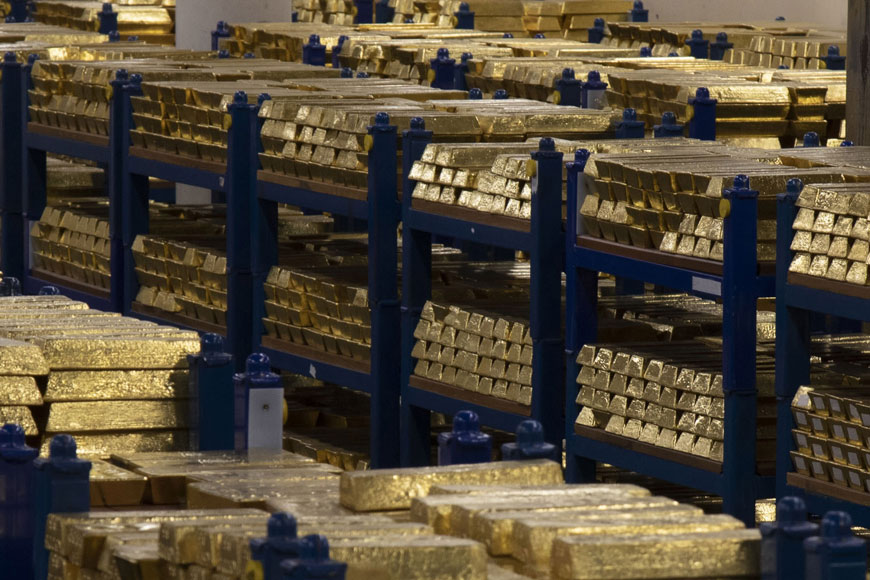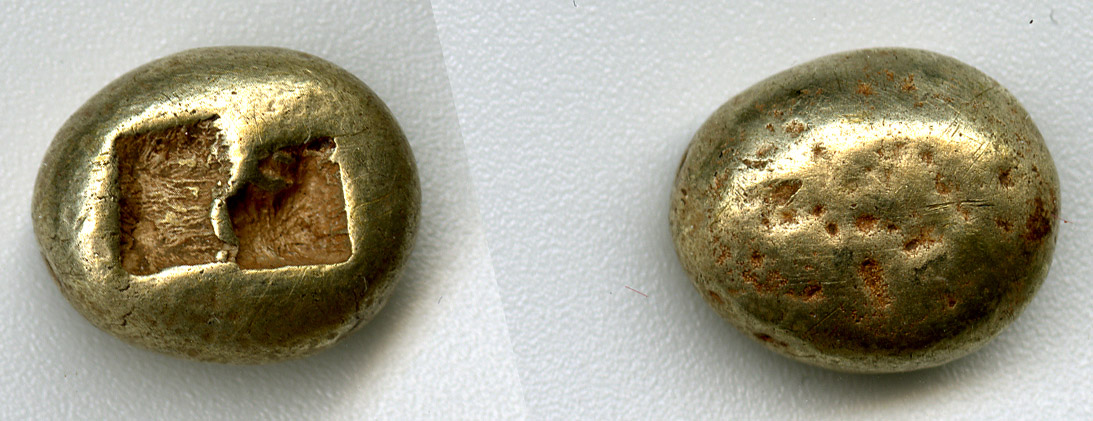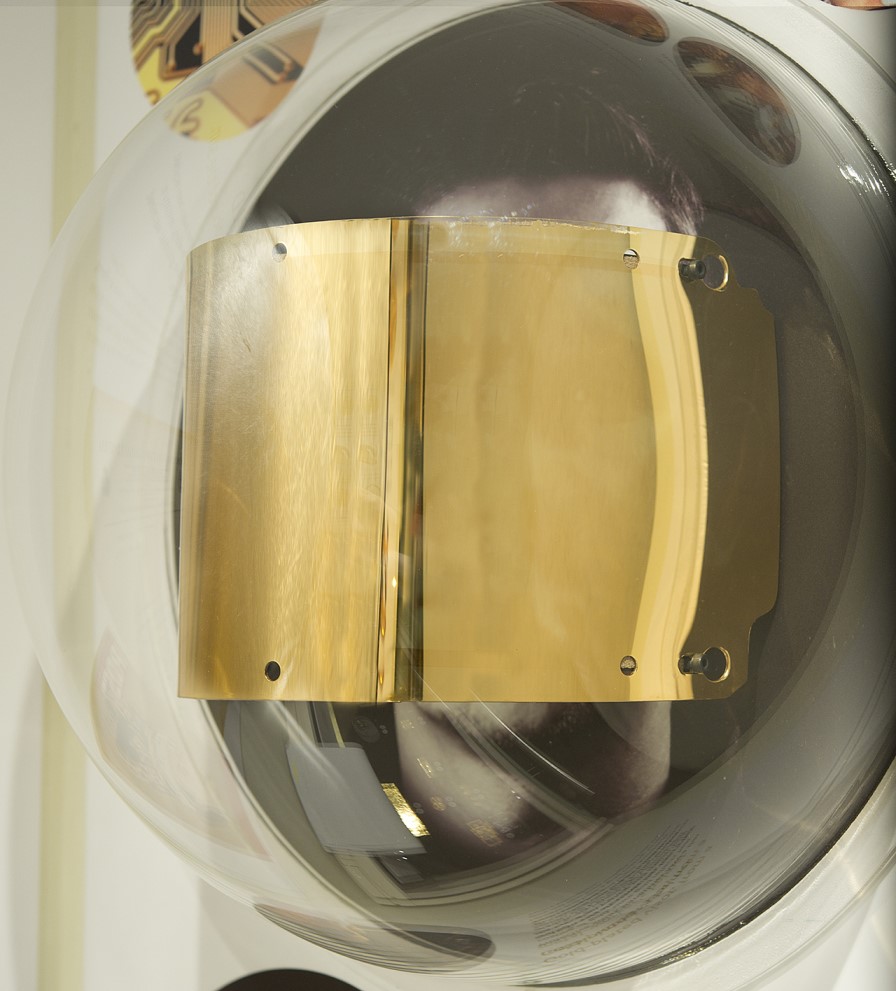Blog
Chloe Bazlen, Digital Engagement Officer
Gold, bullion, ingots, Au – call it what you want, people love it. Gold is one of the most prized metals, which is why we ‘go for gold’, look for a pot at the end of a rainbow, and think something is ‘worth its weight in gold.
Deep within the Bank of England are gold vaults containing over 400,000 bars of gold. Some of these are owned by the UK government, but most are owned by other governments and central banks around the world, and some other financial institutions. But how is it that gold earned its place in society as a first-place metal?



